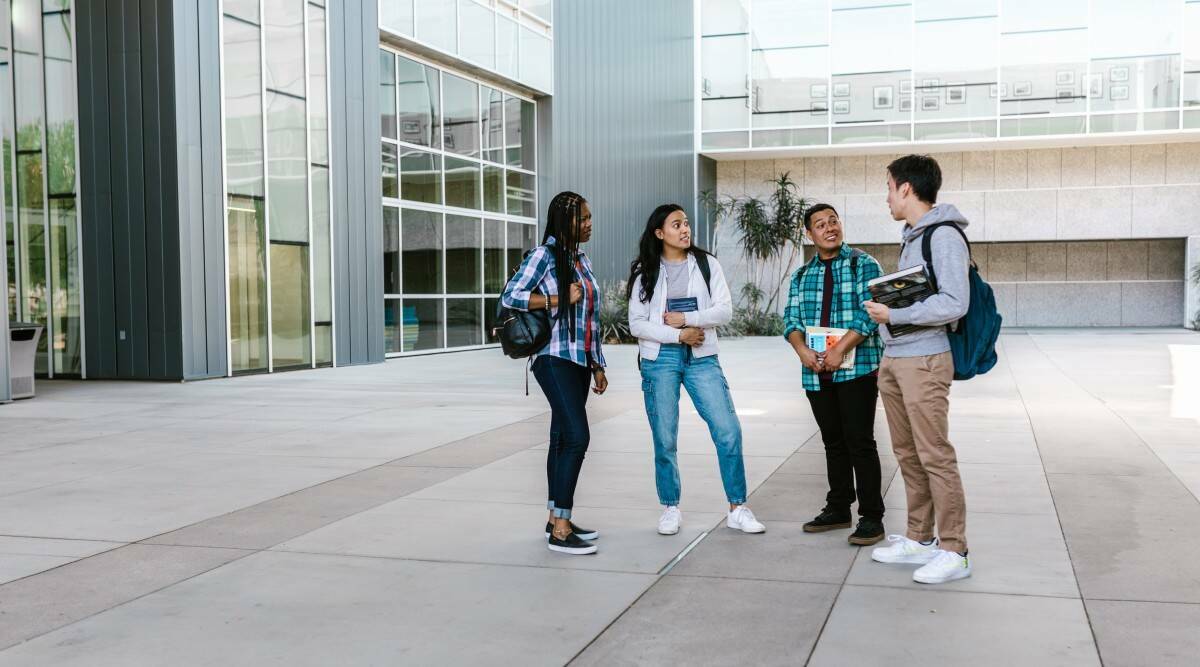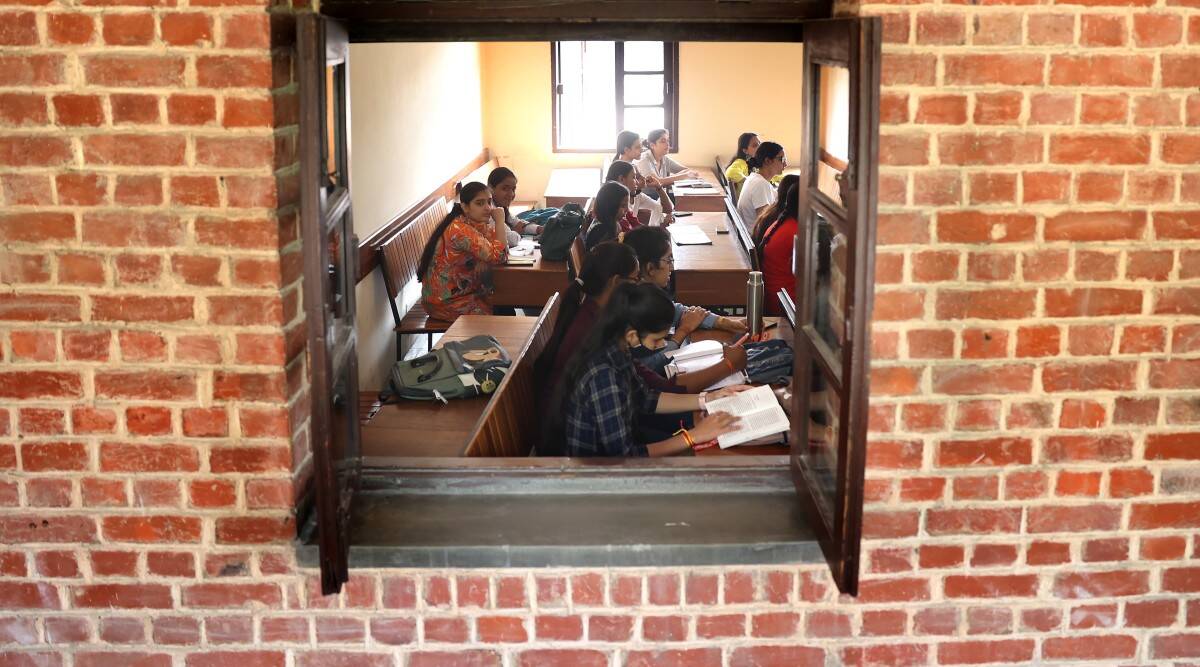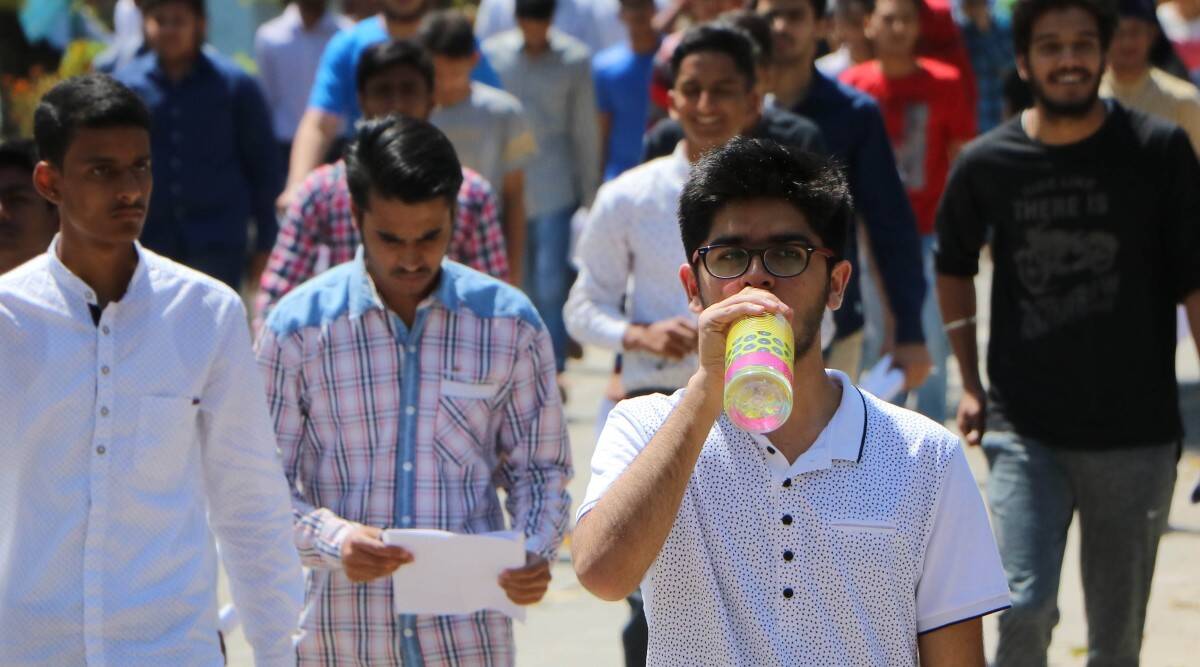Canada temporarily lifts the working hours limit for international students to tackle the labour shortage

Aiming to tackle the labour shortage, the Canadian government temporarily lifted the 20 hours per week limit that international students in Canada are allowed to work off-campus during the session.
Underlining that employers are facing “unprecedented challenges in finding and retaining workers”, the Immigration, Refugees and Citizenship Canada (IRCC) said, “From November 15, 2022, to December 31, 2023, international students Those who are in Canada and have off-campus work authorization on their study permit will not be restricted by the 20-hours-per-week rule.”
“Foreign citizens who have submitted a study permit application to date will also be able to benefit from this temporary change provided their application is approved,” it added.
There are potentially more than half a million international students available to work extra hours in Canada.
The department further said, “Study permit holders are still expected to balance their study and work commitments, as those who choose to discontinue study or reduce course loads to study only part-time may turn off. The campus is not fit to work.”
IRCC is also undertaking a pilot project to automate the processing of study permit extensions. The applications included in this pilot have a consistently high approval rate, as all applicants have previously been approved to study in Canada. The pilot would consist of a small group of applicants who could see their extended study permits processed much faster to improve client service.
If the pilot is successful, it will be expanded to help reduce processing times and allow executives to focus on more complex applications.
Before today’s announcement, any student authorized to work off-campus could work 20 hours per week during class sessions and full-time during scheduled breaks. Students eligible to work on campus are not subject to the hours limit for working on campus.



